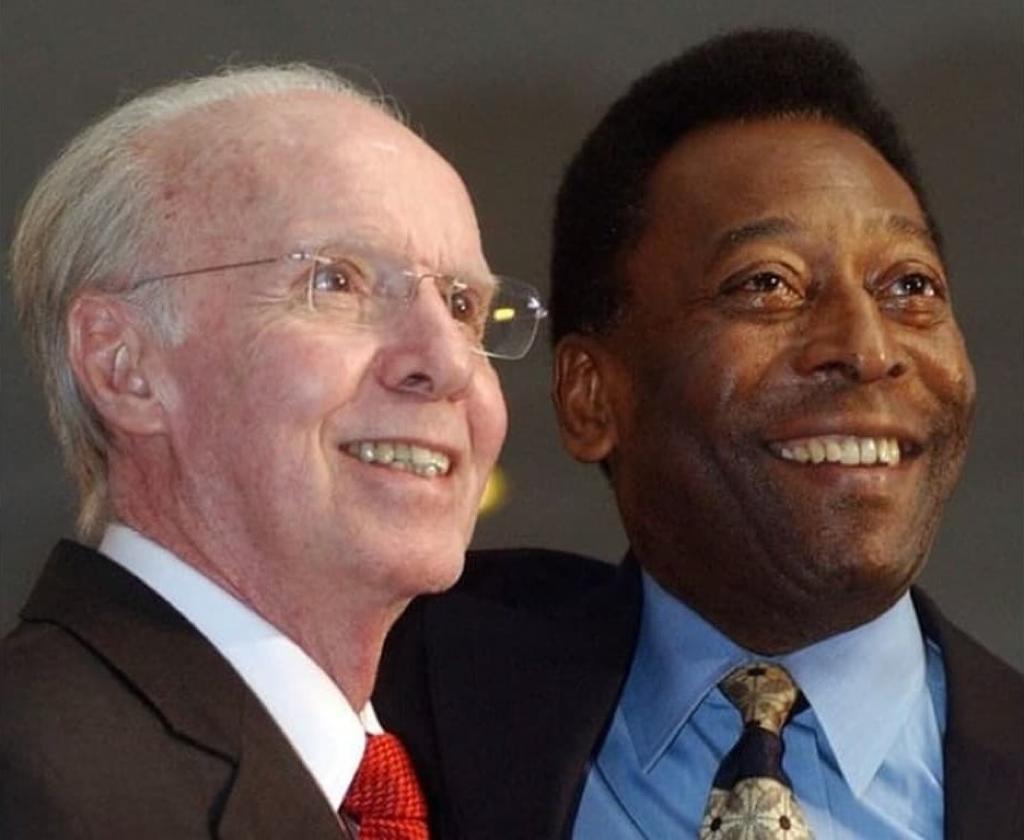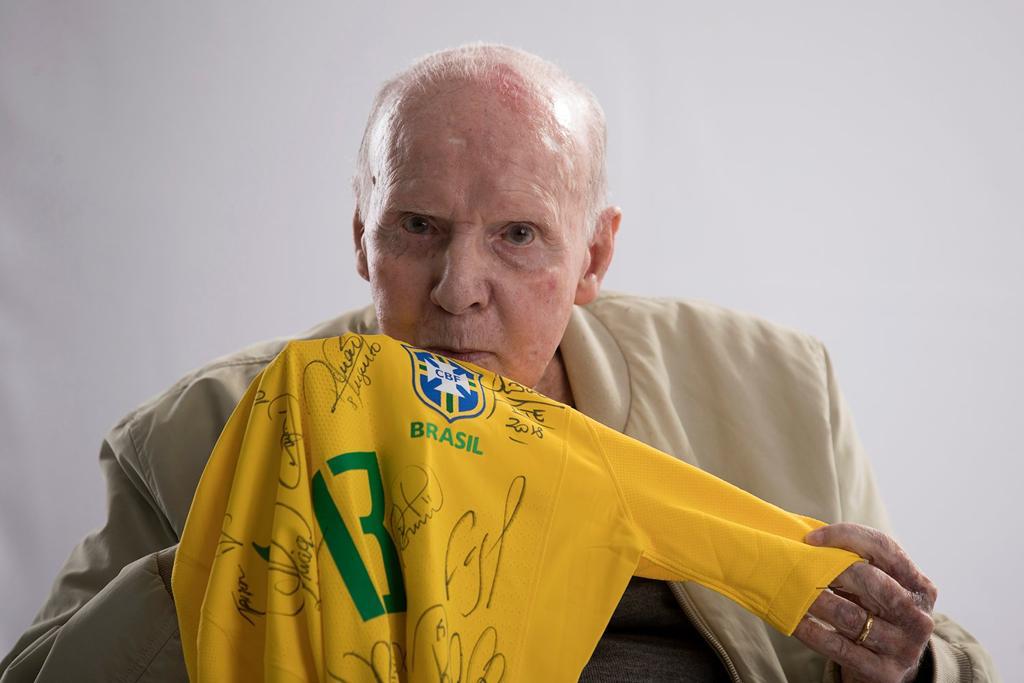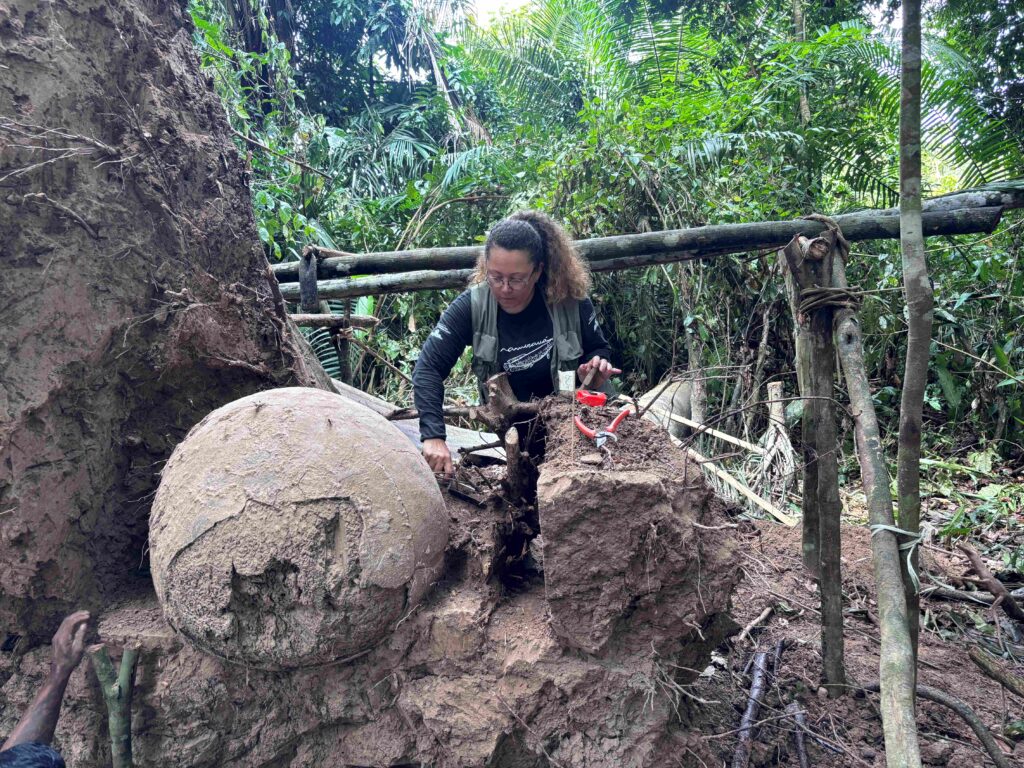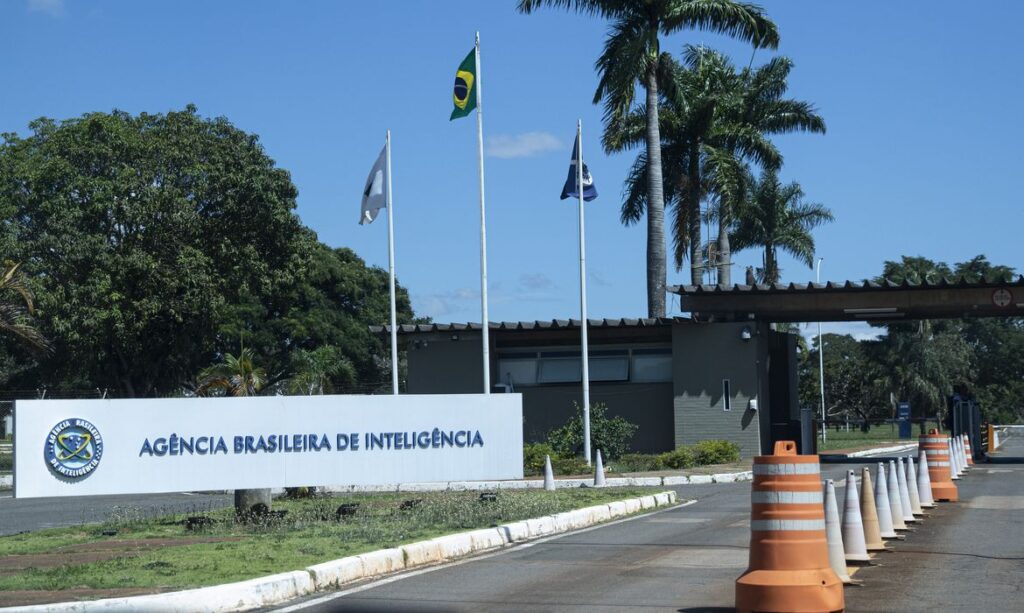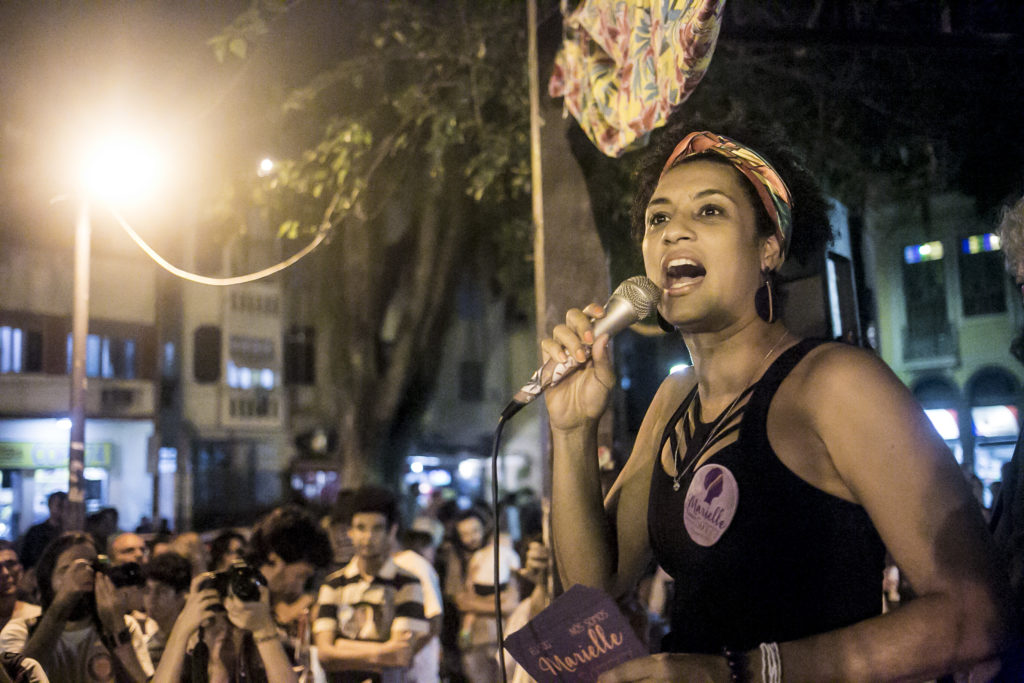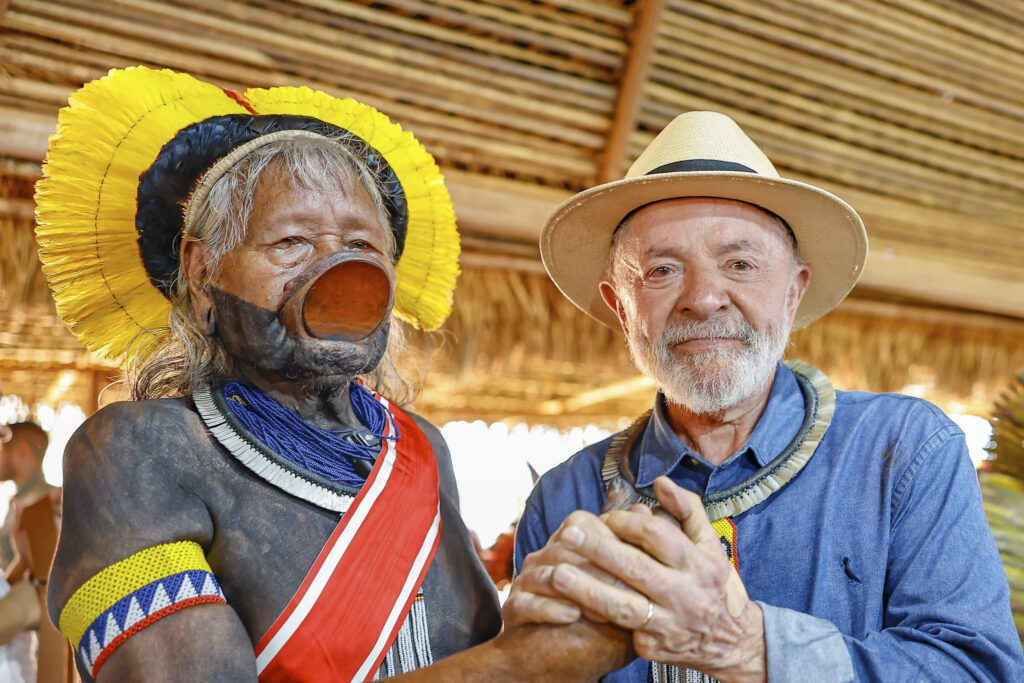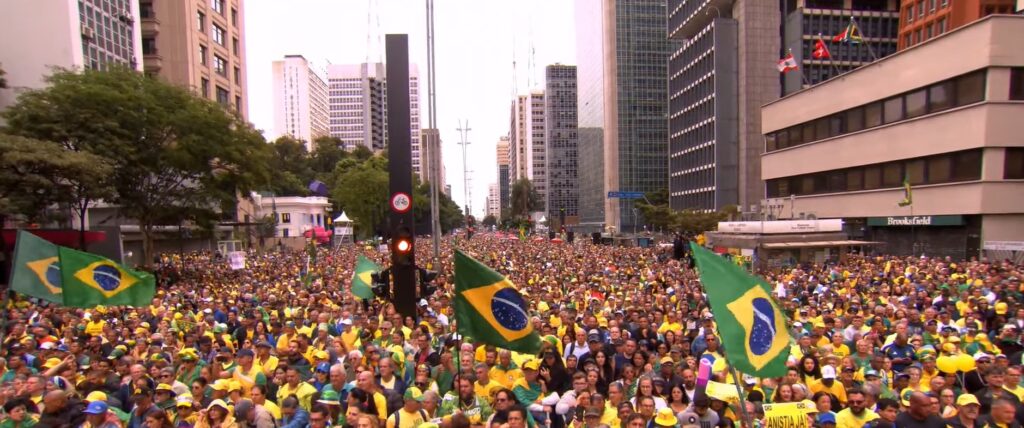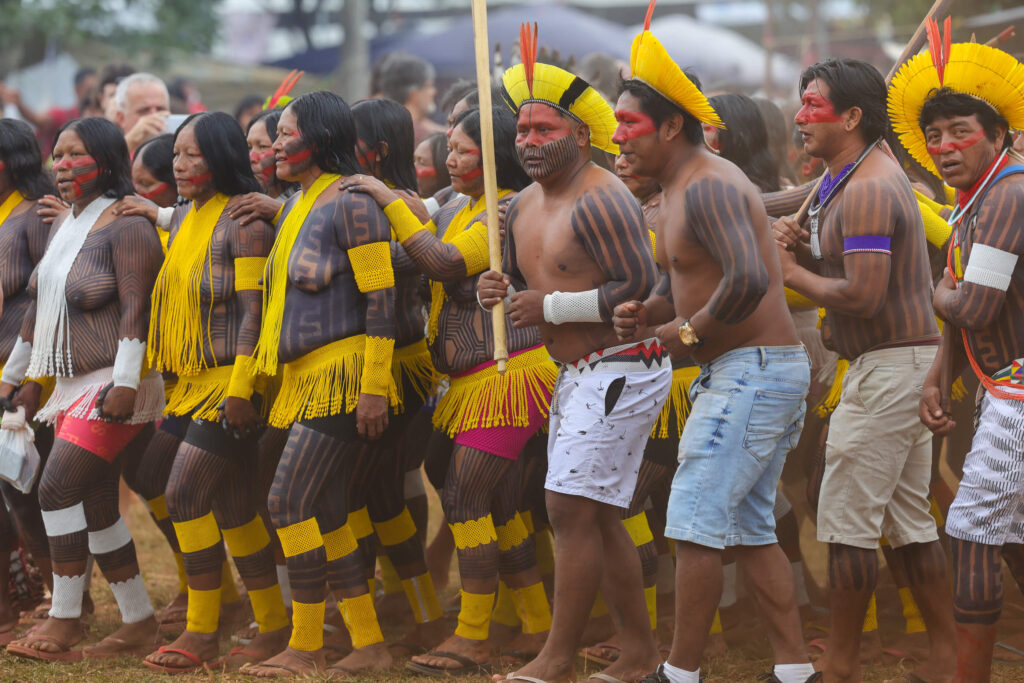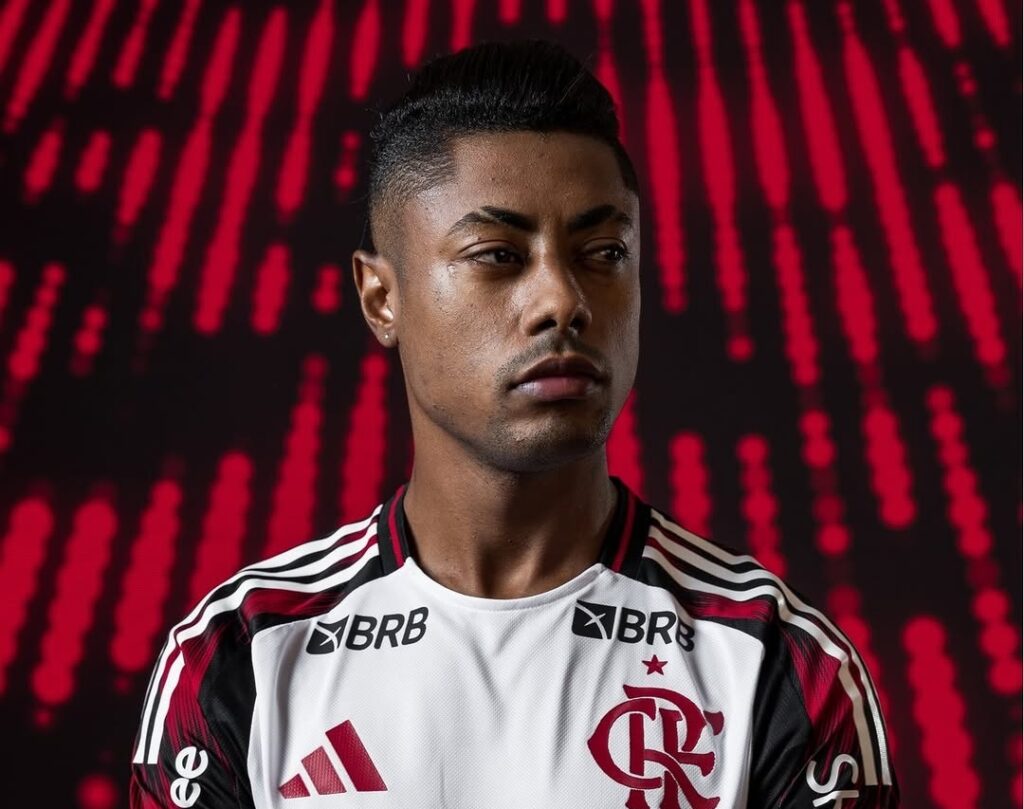São Paulo, Brazil – One of the biggest legends in the history of Brazilian soccer, probably only behind Pelé, and one of the most passionate about the Brazilian national team, Mário Jorge Lobo Zagallo, died this Friday at the age of 92 in Rio de Janeiro. He had been hospitalized for 11 days and had multiple organ failure.
Zagallo, also known as Velho Lobo (old wolf), built his career closely linked to the Brazilian national team. It’s impossible to talk about the national selection without mentioning Zagallo. There is a kind of symbiosis, a connection that has lasted for decades.
Zagallo directly participated in four of Brazil’s five World Cup championships. He is the only four-time world soccer champion. Alone, Velho Lobo held more world titles than some of the globe’s most storied teams, including Germany and Argentina.
As a skilled left winger, he lifted the cups in 1958 and 1962, the first two Brazilian wins on the international stage. In 1970, he was the coach in winning the third championship, with Pelé being the king on the field.
After a 24-year absence, Zagallo participated in the fourth win in 1994, acting as an assistant coach to Carlos Alberto Parrera. He was also coach of the runner-up team in the 1998 World Cup, when Brazil lost the final to France 3-0.
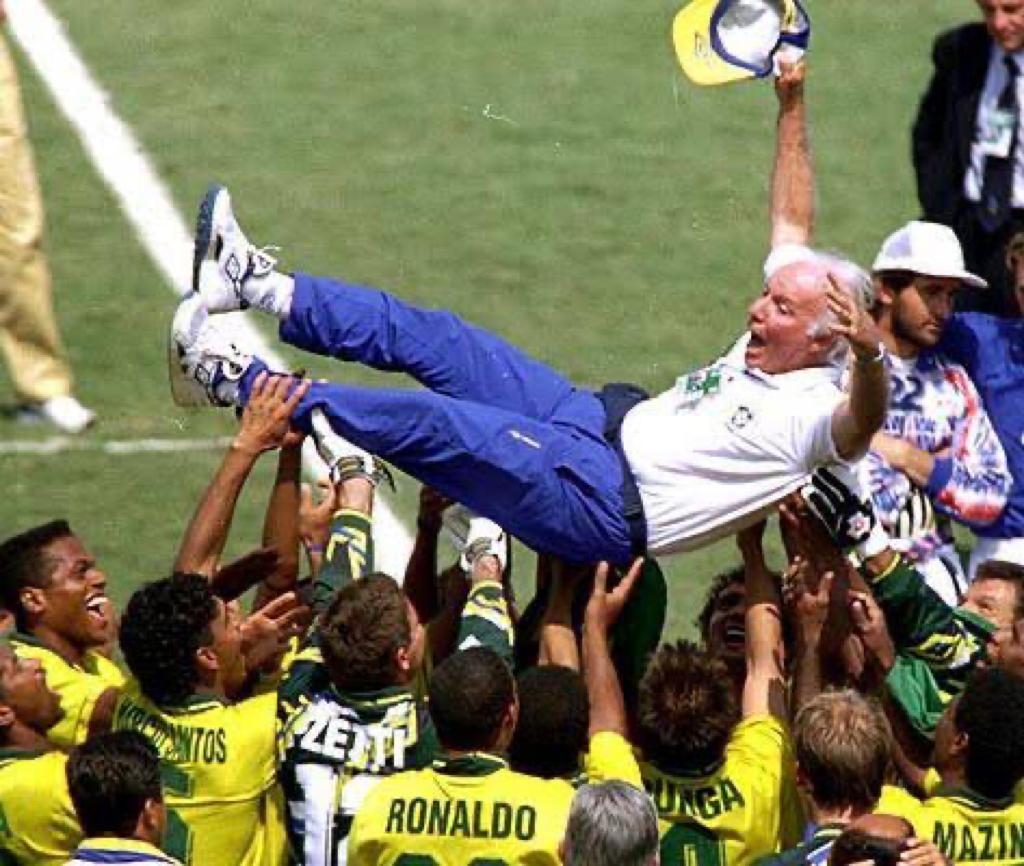
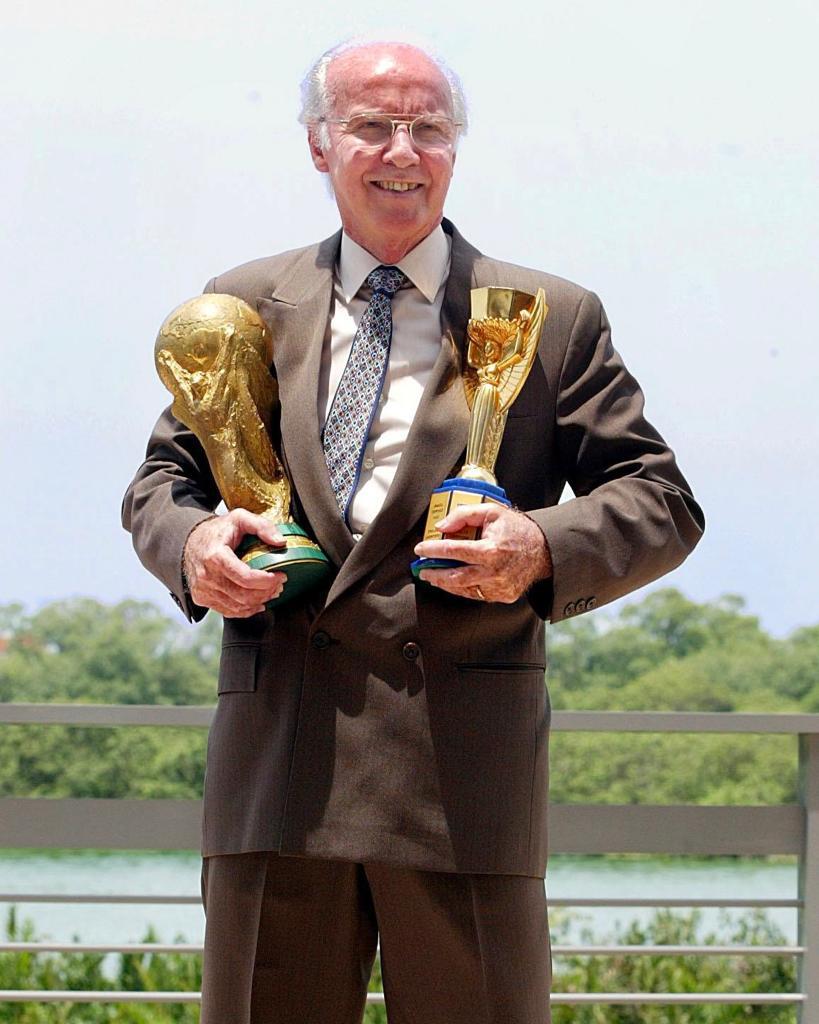
Tributes
News of Zagallo’s death generated national commotion and began a series of tributes. The Brazilian Football Confederation (CBF) declared an official mourning period of seven days.
“The CBF and Brazilian football mourn the death of one of its greatest legends, Mário Jorge Lobo Zagallo. The CBF offers solidarity to his family and fans in this moment of sadness at the departure of this idol of our football,” said the president of the CBF, Ednaldo Rodrigues.
FIFA President Gianni Infantino said he received the news with sadness and remembered Zagallo’s importance for the World Cup.
“Mário Zagallo won four FIFA World Cups, as a player and then a coach; more than any other person. But his legacy cannot be summed up by numbers. Zagallo’s influence on football, and Brazilian football in particular, is supreme,” he said.
Brazil’s Ministry of Sport expressed its sadness and wished comfort to family, friends and fans in “this moment of sadness and at the same time of reverence.”
President Luiz Inácio Lula da Silva said that Zagallo was one of the greatest football players and coaches of all time, a great winner and symbol of love for the Brazilian team and Brazil.
“Courageous, dedicated, passionate and superstitious, Zagallo was an example of a Brazilian who never gave up. It is this lesson and spirit of affection, love, dedication and overcoming that he leaves for our entire country and for world football,” said Lula.
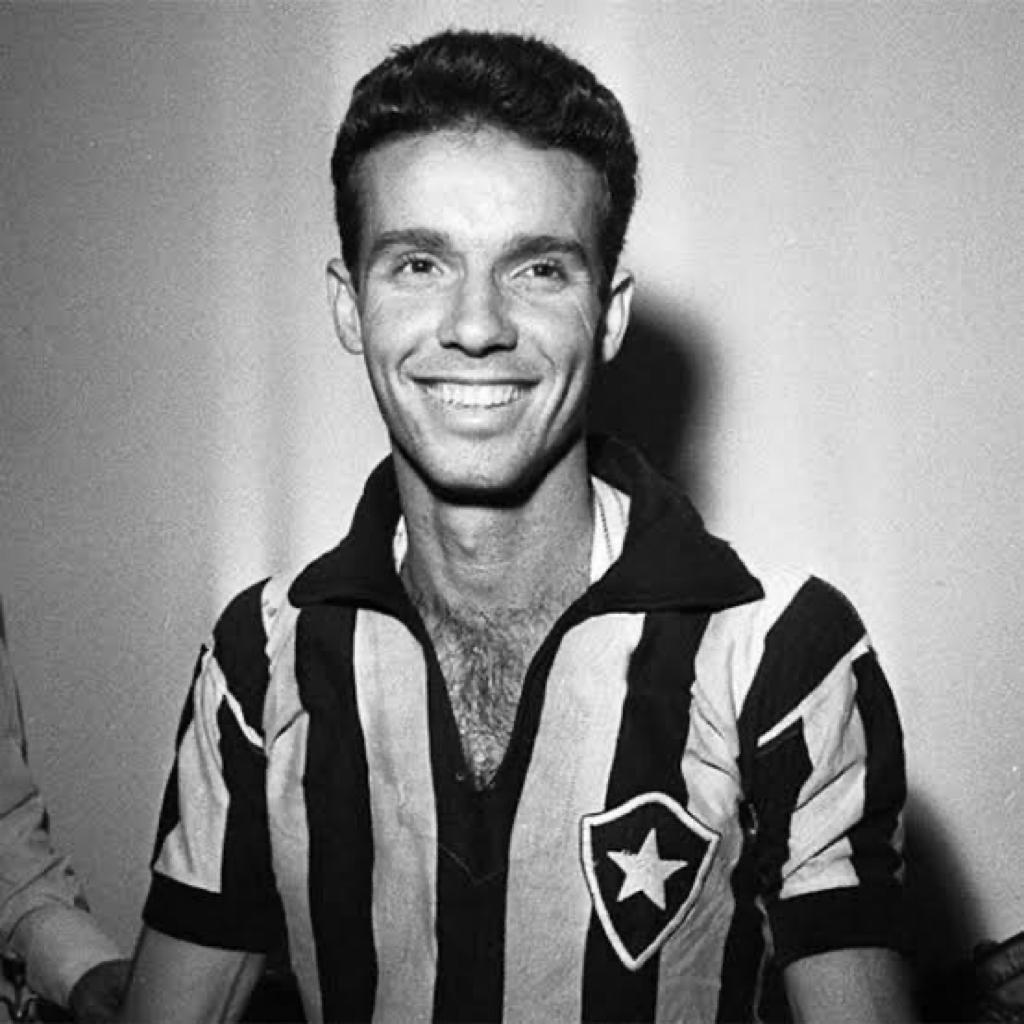
The last goodbye
Zagallo’s wake takes place this Sunday at the CBF headquarters, in Rio de Janeiro, and is open to the public. The burial will follow shortly afterwards, in a ceremony closed to family and friends.
There is a lot to thank Zagallo for and this was clear in the thousands of tributes posted on social media since the confirmation of his death — messages ranging from players and coaches, to football teams, fans and politicians.
It is impossible not to mourn the loss of Zagallo just one year after the death of Pelé, the king of Brazilian football.
Even with health problems in recent years, Zagallo never stopped following the Brazilian team. “Green and yellow never left my mind,” he said in a documentary made by FIFA in honor of his 90th birthday.
Extremely superstitious and attached to the number 13, Zagallo liked to play with phrases that had 13 letters. It’s all right, Velho Lobo. You can rest in peace, as Zagallo Eterno (eternal Zagallo) has 13 letters.
